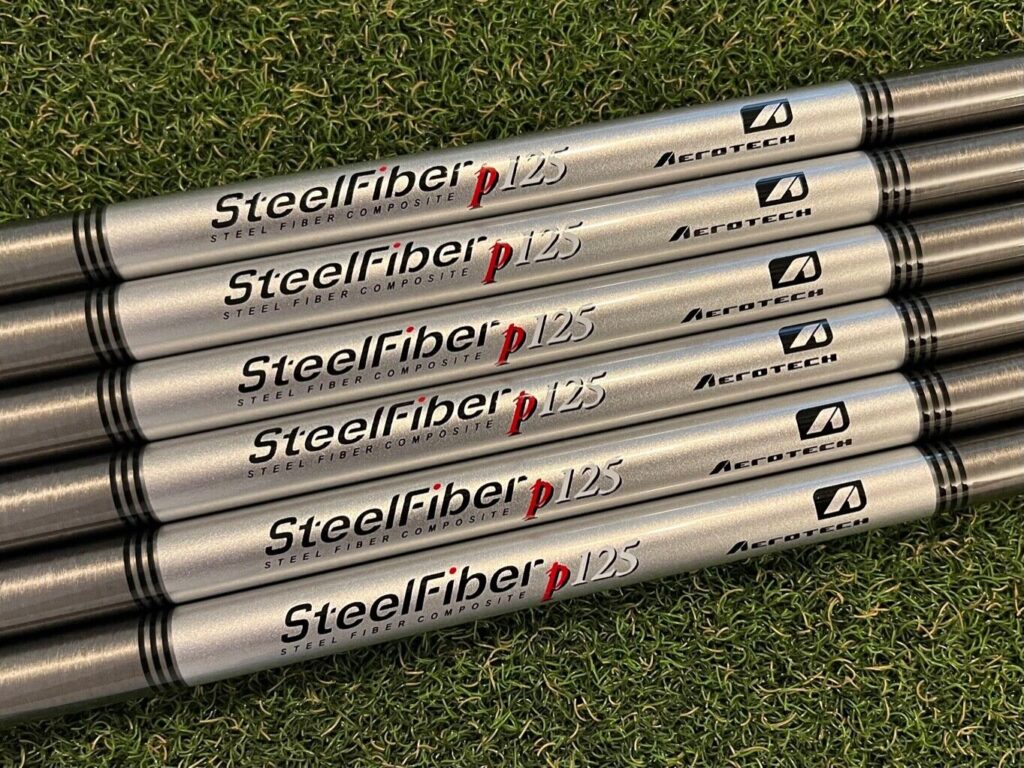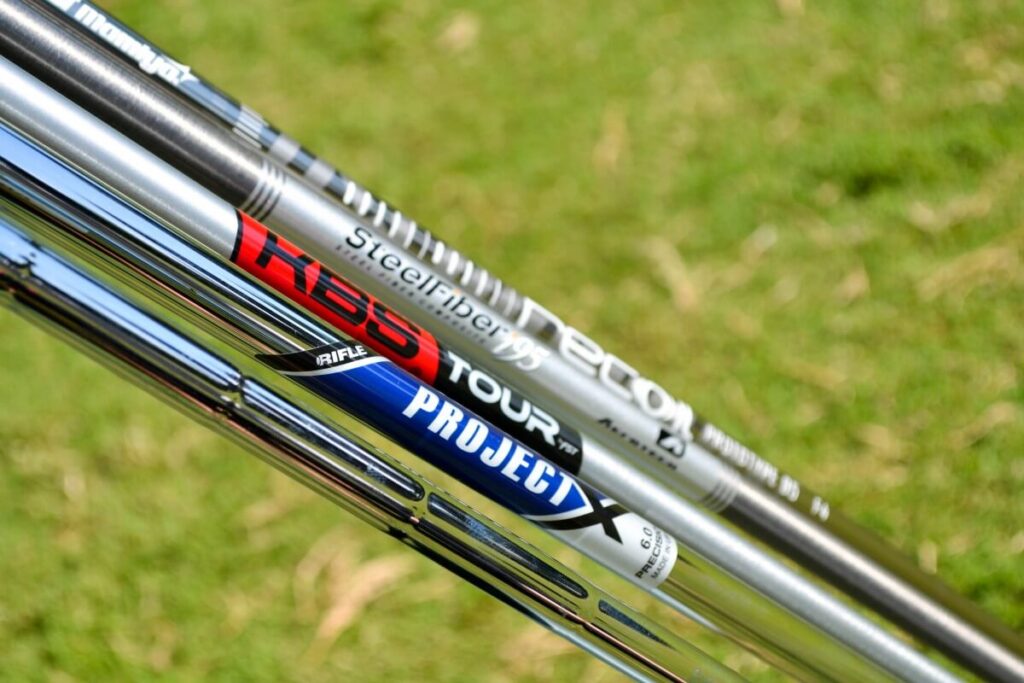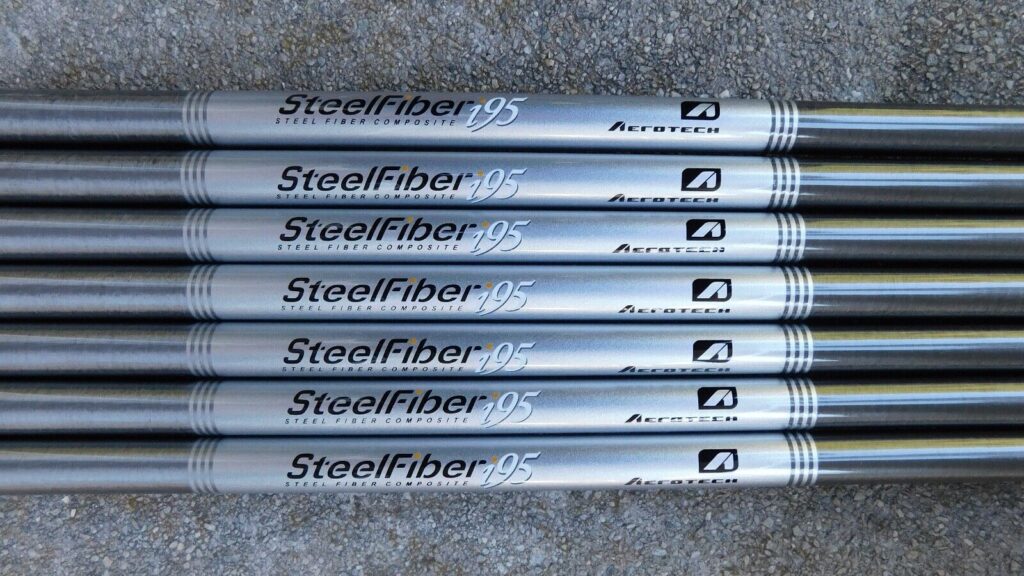This article provides an overview of steel fiber shafts, including what they are, their benefits compared to traditional shafts, factors that determine their quality and price, and tips for identifying high-quality, affordable steel fiber shafts. Steel fiber shafts are composite shafts made of steel fibers in a resin matrix that offers enhanced strength, durability, and vibration dampening compared to regular steel shafts.
What Are Steel Fiber Shafts?
Steel fiber shafts are composite shafts comprised of steel fibers embedded in a hardening resin material. The steel fibers provide strength and rigidity, while the resin matrix binds the fibers together and helps dampen vibrations. The result is a shaft that is stronger and more durable than traditional steel or graphite shafts. Steel fiber shafts are commonly used in applications like hydraulic cylinders, conveyors, and major infrastructure projects.
Benefits of Steel Fiber Shafts
Steel fiber shafts offer several benefits over regular steel or graphite shafts:
•High strength-to-weight ratio: Steel fiber shafts are lighter than solid steel shafts but can handle heavy loads without bending or breaking.
•Impact and vibration resistance: The resin matrix helps absorb impacts, stresses, and vibrations that could damage other shafts. This results in a longer service life and less chance of failure.
•Corrosion resistance: The resin material protects the steel fibers from oxidation and moisture, even in harsh environments. This makes steel fiber shafts suitable for underwater and underground applications where corrosion is a risk.
•Dimensional stability: Steel fiber shafts better maintain their form and shape over time. They resist warping, twisting, and bending which could affect shaft alignment and performance.
•Wear resistance: Steel fiber shafts are harder and more wear-resistant than other shafts, withstanding friction and abrasion without significant degradation. This minimizes maintenance and replacement needs.
Factors that Affect Steel Fiber Shaft Quality and Price
Several factors determine the quality, performance, and price of steel fiber shafts:
•Fiber amount and orientation: More steel fibers and a higher proportion of fibers aligned longitudinally with the shaft improve strength and rigidity. However, fiber amount also impacts cost, with higher fiber volumes resulting in higher prices.
•Resin type: The resin matrix material significantly impacts properties like strength, durability, chemical resistance, and operating temperature range. Higher-performance resins like epoxy also tend to increase costs.
•Shaft diameter and length: Larger diameter and longer steel fiber shafts require more materials to produce, so they are usually more expensive. Shaft size depends on your specific application and load needs.
•Coatings (optional): Coatings like polyurethane can improve impact, chemical, and moisture resistance but also increase shaft prices. Coatings may not be necessary depending on operating conditions.
•Manufacturing process: More advanced manufacturing processes tend to produce higher-quality steel fiber shafts with enhanced mechanical properties. However, these processes also cost more, which translates into higher consumer prices. Automated pultrusion and filament winding are common methods for steel fiber shaft production.
•Brand reputation: Well-known brands that produce high-end, performance-focused steel fiber shafts typically charge premium prices compared with lesser-known generic brands. Paying extra for a reputable brand often means better quality and reliability.
•Supply and demand: When the supply of quality steel fiber shafts is low and demand is high, manufacturers and suppliers can increase their prices. When supply exceeds demand, competition drives prices lower. Economic factors like materials costs also play a role in steel fiber shaft pricing.
In summary, steel fiber shafts are composite shafts made of resin-infused steel fibers that provide superior strength, durability, and performance compared to regular steel shafts. Factors like fiber and resin types, size, coatings, production method, brand, supply, demand, and economic factors determine the quality, capabilities, and price of steel fiber shafts. For critical applications, investing in high-quality, reputable steel fiber shafts helps ensure maximum longevity and reliability.


